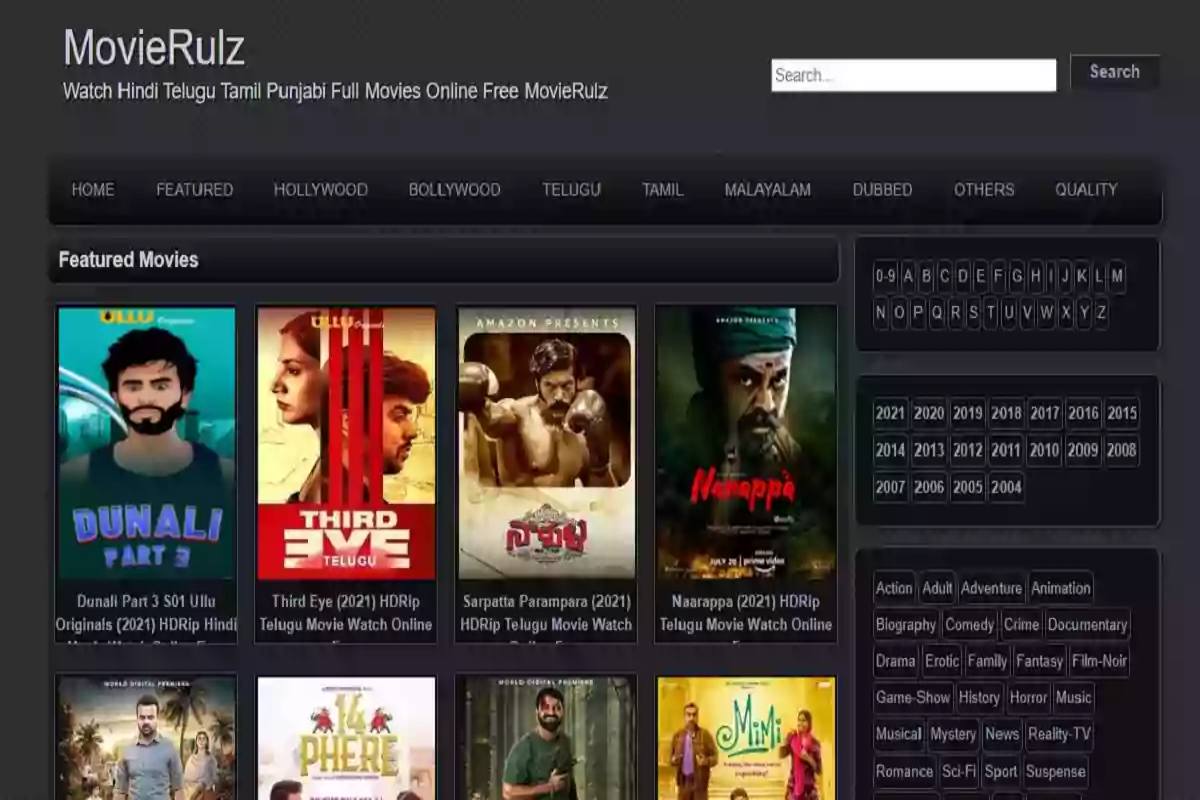Is the digital age failing us, leaving us adrift in a sea of information yet starved for genuine understanding? The recurring phrase "We did not find results for:" serves as a stark reminder of our dependence on search engines, often masking the limitations of our tools and the gaps in our knowledge.
The relentless pursuit of instant answers, fueled by the algorithms that govern our online experiences, has paradoxically fostered a culture of fragmented information. When a simple query yields only the frustrating response of "Check spelling or type a new query," the weight of the unanswered question becomes amplified. It underscores the fragility of the information ecosystem, highlighting how easily our search efforts can falter and our intellectual curiosity can be stifled. This persistent inability to retrieve relevant information suggests a systemic problem, possibly rooted in the way we formulate questions, the evolving nature of knowledge itself, or perhaps the inherent limitations of the digital infrastructure we rely upon so heavily. The repeated echoes of non-results can leave us feeling disoriented in the vast expanse of the internet, struggling to discern between authentic insights and misleading detours.
| Aspect | Details | Source |
|---|---|---|
| Contextual Interpretation | The phrase "We did not find results for:" highlights the constraints of information retrieval within the current search paradigms. It signifies a fundamental challenge in the digital landscape, specifically regarding how information is accessed, categorized, and presented. It highlights a frequent disconnect between the user's intended query and the search engine's ability to deliver meaningful results. | Observations across various search platforms. |
| Technological Limitations | The frequency of these non-results can stem from several factors including the ever-changing nature of the World Wide Web, the vagaries of keyword recognition by search algorithms, the inability of search engines to completely index and curate all the content on the Internet, and the prevalence of poorly optimized or outdated websites. | Various sources on search engine optimization and web development. |
| User Impact | The constant experience of failing search queries can lead to user frustration, a feeling of information overload, and a reduced sense of confidence in using digital tools to seek information. This frustration might also lead users to modify their search terms, or even abandon the search altogether. | User experience studies and observations of search behavior. |
| Cultural Implications | This constant failure to retrieve desired information shapes the way individuals engage with the world, potentially fostering a reliance on mainstream information sources and impacting the ability to engage with nuanced and diverse perspectives. The lack of results may limit exploration of different viewpoints, and prevent individuals from engaging with more obscure or less widely-publicized information. | Studies related to digital literacy and information access. |
| The Need for Refinement | The phrase's prevalence underscores the continuing need for more robust, adaptive, and user-friendly search technologies, as well as better ways to organize and curate information. The user needs to learn how to formulate more precise queries, and critically evaluate search results. | Reports and articles from the technological research sector. |
| The Importance of Critical Thinking | The response "Check spelling or type a new query" may suggest that there is a lack of understanding. In addition to relying on search engines, it is extremely important to cross reference information and consider how information has changed over time. | Reports and articles related to media literacy. |
The very construction of the search query becomes a crucial act, requiring users to anticipate the algorithmic logic, to second-guess the database's indexing patterns. Each attempt is a negotiation, a dance between the seeker and the system. This is not merely a technical issue; it's a reflection of a larger paradigm shift. The digital tools, while offering unprecedented access, are also dictating the rules of engagement with knowledge. This shift changes the way we think. The constant interaction, the frequent returns of "We did not find results for:" can subtly warp our thinking processes, reshaping our expectations and abilities.
- Gabriel Guevara Nicole Wallace Dating Rumors My Fault
- Struggling With Search Tips For We Did Not Find Results
The problem extends beyond mere frustration. It can begin to erode our ability to tolerate ambiguity, to accept that not every answer is immediately available. The search engine's failure can be interpreted as a failure of the user, breeding self-doubt and diminishing the confidence to pursue more complex lines of inquiry. The dependence on the easily accessible can undermine the ability to explore, to critically evaluate, or to embrace the serendipitous discovery that once characterized scholarly exploration. This dependency can create a closed loop, in which our queries are shaped by what we believe is easily accessible, creating echo chambers of readily-available information. This, in turn, limits the types of information that is shared and accessed, making it harder for diverse viewpoints to be shared.
The suggestion to "Check spelling or type a new query" reinforces this sense of control. It places the onus on the user, as if the problem lies solely within their ability to articulate the question. This might overshadow the complex interplay of factors that contribute to a successful search, like the quality and relevance of the available information, the comprehensiveness of the database, and the underlying algorithms that determine the ranking of results. It can also create a sense of personal inadequacy in the face of technological limitations, and can undermine one's curiosity.
This scenario has important implications for the broader societal landscape. If the access to knowledge is increasingly mediated through imperfect systems, then the very foundations of learning, research, and public discourse become vulnerable. The constant experience of non-results undermines the public's ability to formulate well-informed opinions, to challenge conventional wisdom, and to participate in democratic processes. The more often we encounter the lack of results, the more difficult it may be to have access to different points of view.
- Warning Unsafe Sites Like Movierulz Risks Alternatives
- Is Filmyfly Pictures Safe Scam Alert Reviews Avoid
This phenomenon is more than just a technical glitch; it is a microcosm of a deeper societal challenge. The repeated encounters with "We did not find results for:" should prompt critical examination of the tools we rely on, as well as the assumptions we make about access to information. How can we foster a more robust, equitable, and reliable system for knowledge acquisition and distribution? The solution requires attention to technological innovation, critical thinking, and a renewed commitment to preserving the diversity and integrity of the knowledge that defines our world.
The phrase, and its associated context, represents a call to action: It demands an awareness of the biases and limitations inherent in the tools we use. It encourages a more critical approach to information seeking, and it challenges us to reimagine the future of knowledge in the digital age. The task is not simply to refine the algorithms, but to nurture a culture of informed skepticism, intellectual curiosity, and a deep appreciation for the ongoing quest for understanding.
- Discover Frikadellen Recipes History Deliciousness
- Celine Dions Naked Vogue Photo Stunning Unfiltered Look


